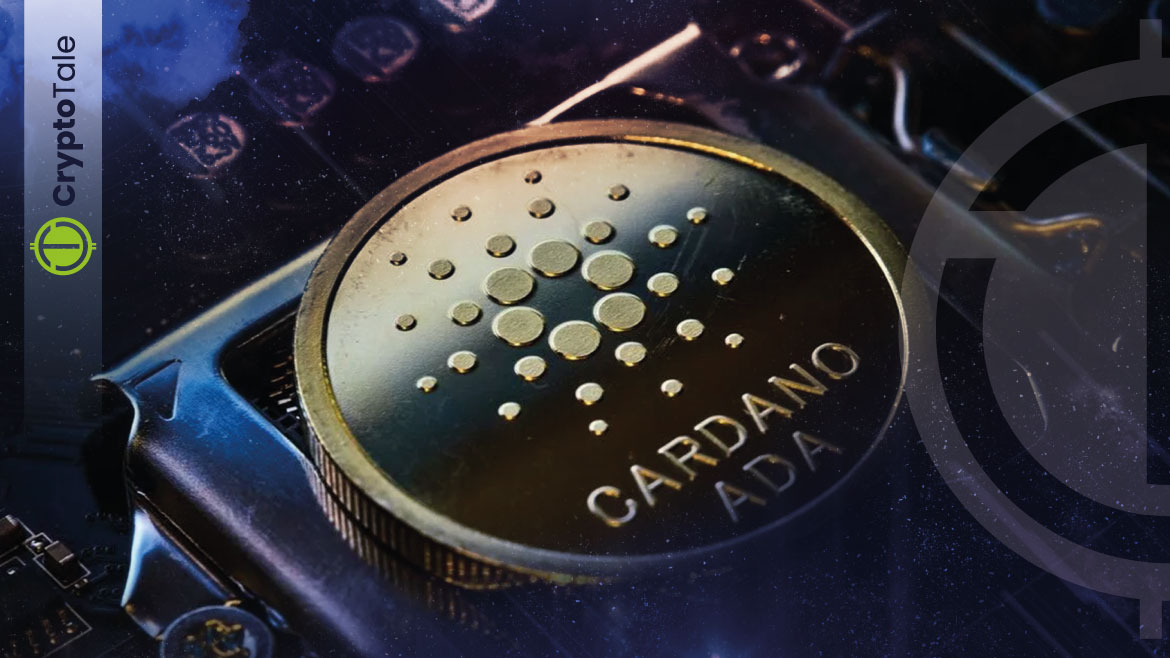It is predicted that the highly-awaited Vasil hard fork update, which will be arriving in Cardano tomorrow, will provide enhanced functionality, speed, and scalability to the Cardano blockchain. According to Input Output Hong Kong (IOHK), this scalability improvement will provide faster block propagation throughout the network, reducing the time it takes for users to learn about freshly produced blocks.
DApp developers will be able to build new and interesting experiences with the help of Plutus v2’s new features and additions, and the network’s potential for more throughput and capacity will be unlocked with the help of diffusion pipelining.
Plutus is Cardano‘s very own smart contract language. Plutus, the base layer of Cardano, effectively divides the validation of transactions, which takes place on the network itself, from the code that powers smart contracts, which is stored and executed locally on the user’s workstation.
Furthermore, the upgrade will allow for a Collateral change address. The amount of money required for phase-2 script validation is referred to as the collateral. Using the upgrade of Vasil, developers have the ability to establish a distinct address at which they may receive the modification that would occur in the event that phase-2 transaction validation was unsuccessful.
Lastly, Vasil perfects the Verifiable Random Function (VRF) procedure used by Ouroboros. In the days before Vasil, each network hop had to have two VRF functions before a block could be validated.
Because Vasil eliminates one of these operations, the process of validating blocks and synchronizing the network is completed more quickly overall. Users will enjoy improved performance without having to worry about their security being compromised.






